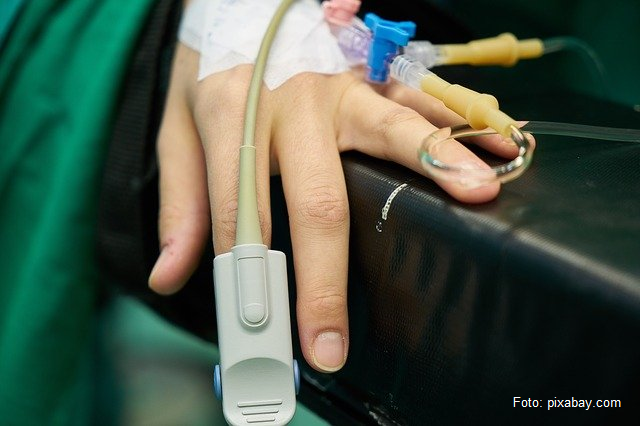International support for Romania
The number of new infections with Covid-19 diagnosed in Romania has been on the decrease, but the healthcare system is still under huge pressure. Hospitals are crammed, intensive care units have no room for more patients and the exhausted medical staff can hardly deal with the large number of people in need of treatment. In order to ease this pressure on its medical system, Romania has continued to transfer patients in a critical condition to other European countries, which offered support. Another 6 patients were transferred to hospitals in Germany on Wednesday, this being the third and last transfer to this country. A German medical team that came to Romania last Friday to assess the situation selected the patients to be transferred. Head of the Emergency Department, Raed Arafat, explains: “Germany offered to take over 18 patients for treatment, they have already been transferred and this makes a little room for other patients who need hospital treatment, including in intensive care units. We should expect another two or three weeks of high pressure on the healthcare system, and unfortunately also a high number of deaths, because we still have a large number of patients in a critical condition. When our German colleagues came to Romania to decide on the patients to be transferred to Germany, it was quite difficult to find patients that could survive transport. We may also continue transfers to hospitals in Poland and the Czech Republic.”

Corina Cristea, 05.11.2021, 08:14
The number of new infections with Covid-19 diagnosed in Romania has been on the decrease, but the healthcare system is still under huge pressure. Hospitals are crammed, intensive care units have no room for more patients and the exhausted medical staff can hardly deal with the large number of people in need of treatment. In order to ease this pressure on its medical system, Romania has continued to transfer patients in a critical condition to other European countries, which offered support. Another 6 patients were transferred to hospitals in Germany on Wednesday, this being the third and last transfer to this country. A German medical team that came to Romania last Friday to assess the situation selected the patients to be transferred. Head of the Emergency Department, Raed Arafat, explains: “Germany offered to take over 18 patients for treatment, they have already been transferred and this makes a little room for other patients who need hospital treatment, including in intensive care units. We should expect another two or three weeks of high pressure on the healthcare system, and unfortunately also a high number of deaths, because we still have a large number of patients in a critical condition. When our German colleagues came to Romania to decide on the patients to be transferred to Germany, it was quite difficult to find patients that could survive transport. We may also continue transfers to hospitals in Poland and the Czech Republic.”
The neighboring Hungary is also among the countries — the first country in fact – that took in patients from Romania. More than 70 patients have been transferred to hospitals abroad but, in spite of huge efforts to save them, one third of them have died. The very high death toll from Covid-19 is the most worrying fact of this fourth wave of the pandemic in Romania. This prompted a number of countries, including Israel, to support Romania. On Wednesday, Romania received ten oxygen concentrator machines from Israel, out of a total 40. David Saranga, the Israeli ambassador in Bucharest, has said: “Romania is a true friend of Israel. This is why Israel has decided to help a friend country. Unfortunately, Romania is going through a difficult time due to the pandemic and needs support. That is why we are here. The state of Israel is making this donation of 40 oxygen concentrator devices. It is not easy to find such devices these days.”
Other countries also showed their support by sending medicines or medical teams, such as the Republic of Moldova which sent doctors and nurses to support their colleagues at the modular hospital near Iasi, in eastern Romania. (EE)






























